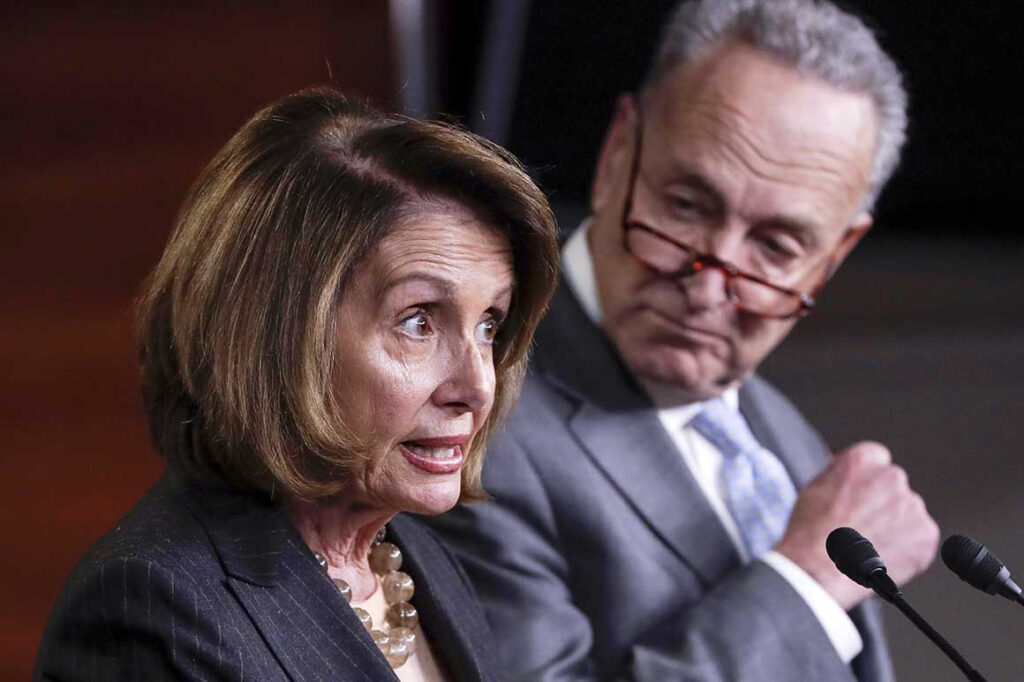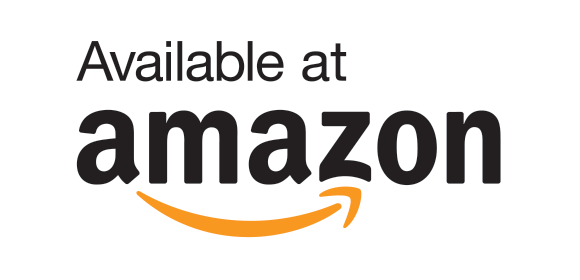In the essay in these pages called “Don’t blame Biden”, I wrote this:
“The blame for the Democratic Party’s humiliating loss in 2024 rightly belongs with Bill Clinton and every Democratic Party leader, consultant, and donor who followed him and contributed to the creation of the society and economy in which we live today, and which has failed so many of our fellow citizens.”
Since the November 5 election, amid all the finger pointing and blaming of others, I’ve been waiting for someone of weight in the Democratic Party to step forward and admit this – to take the blame for Kamala Harris’ loss and Donald Trump’s return to the White House. Someone finally did. On Meet the Press, California’s senator-elect Adam Schiff said “The whole party is to blame for Harris’ loss.” He explicitly included himself among those who caused the party’s loss.
To me, this makes Adam Schiff the frontrunner in whatever internal Democratic Party contest is now going on to find the next leader of the party. The Democratic Party needs to tell the truth and accept the blame if it’s ever going to be relevant again.
But that’s not all. The Democratic Party needs to confess its past sins, take responsibility for promoting the neoliberal economic consensus and the destruction it caused, and advance a new economic model and a new vision of a fairer society which offers genuine opportunity to people who today have none. We need new rules and a new role for government.
The neoliberal economic consensus – begun under Ronald Reagan, accelerated by Bill Clinton, and sustained by George W. Bush, Barack Obama, and Joe Biden — has given us staggering wealth inequality, stagnation in the middle and low income spectrum (sixty percent of Americans live paycheck to paycheck), a majority view that the economy is rigged, the death of the American Dream (however defined), economic precarity (people can’t earn a good living and get ahead in this economy), declining life expectancy, and two Donald Trump presidencies. Millions of Americans cannot afford rent, groceries, and medication. They can’t go on living like this in the United States – the land of opportunity. If you’re looking for a measure of their anger, look at the tens of millions of votes they gave to Donald Trump last month, and look at how people celebrated the assassination of Brian Thompson, the CEO of UnitedHealthcare, on the street in New York City.
Democrats were once the party of the working class. But the party has been taken over by elites – the college educated, billionaires, tech companies, large banks, and other large corporations – which have all benefitted from the neoliberal economic consensus and continue to fund the party to sustain this system which has enriched them. The Democratic Party is addicted to the money that flows from these elites to the party and its members. It has abandoned the majority of this country who are not college educated and who makeup the working and middle classes.
The way out – the way back to relevance – for the Democratic Party is to turn its back on its 40-year romance with the elites and the neoliberal economic consensus, and embrace populism – defined as “a political approach that strives to appeal to ordinary people who feel that their concerns are disregarded by established elite groups”.
Wolfgang Streeck, the German sociologist and theorist of capitalism, put it this way:
“The left must embrace populism, which is merely the name given to the struggle over an alternative to globalism [neoliberalism]. With globalism collapsing under its own contradictions, all serious politics is now populist in one way or another.”
Will the Democrats change course and embrace populism? (You’re laughing at that question aren’t you?) Will Nancy Pelosi, Chuck Schumer, Hakeem Jeffries, and whomever else today makes up the leadership of the Democratic Party admit their mistakes (NAFTA, etc.) and the destruction of our society and economy they caused, take the blame for Kamala Harris’ loss, and advance a new economic model and a new vision of a fairer society which offers genuine opportunity? Of course not. This will require generational change. Check back with me when the Silent Generation and the Baby-Boom Generation are gone.


